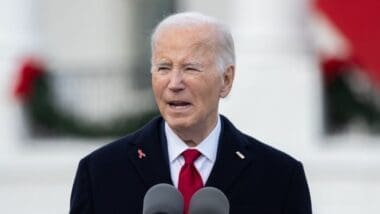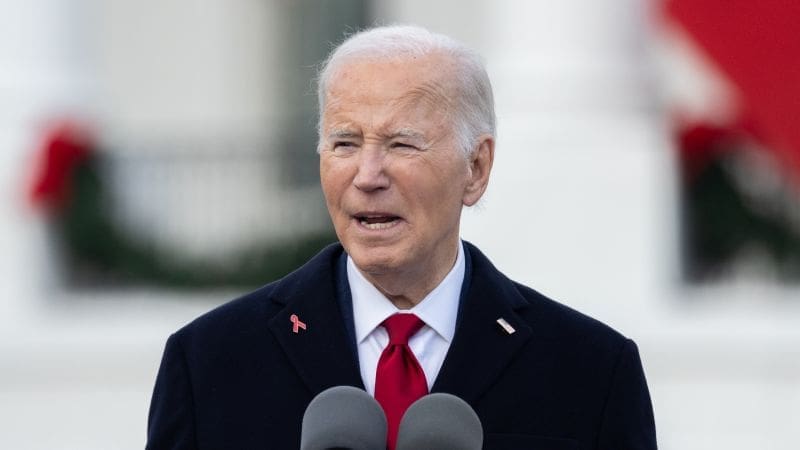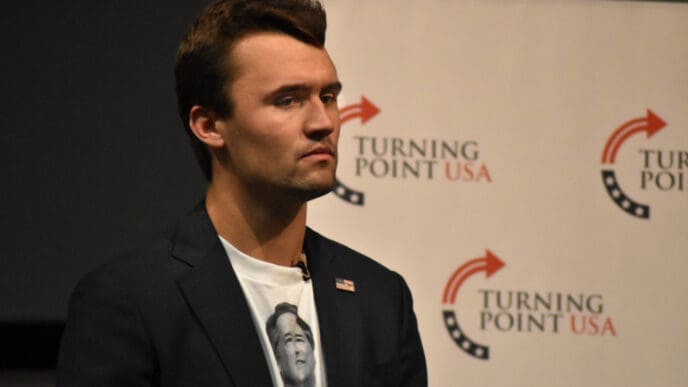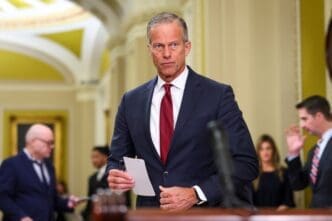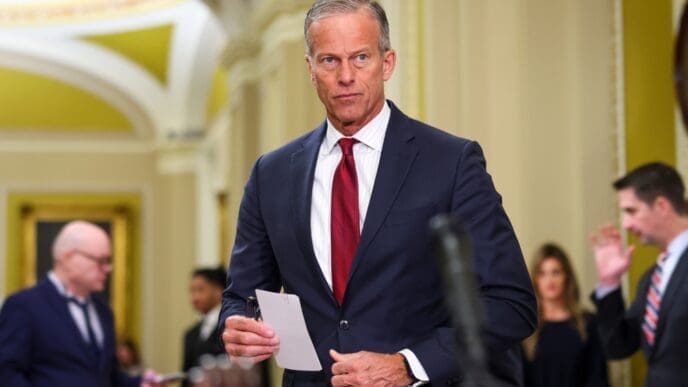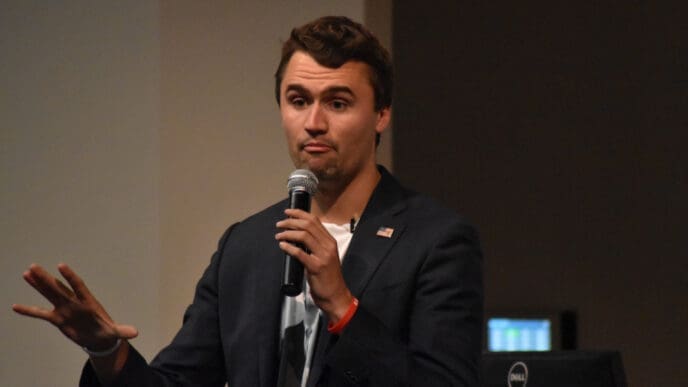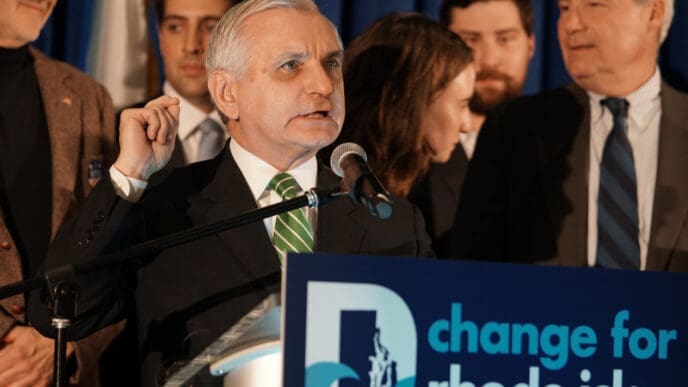In a surprising turn of events, President Joe Biden pardoned his son Hunter, intensifying the debate on justice and politics in the United States. This decision, occurring just before Biden’s exit from the White House, contradicts his previous stance on maintaining the independence of the Justice Department—a principle he pledged to uphold when he assumed office.
The pardon extends to Hunter Biden’s recent convictions, which include gun and tax-related offenses. These charges stem from significant legal proceedings that unveiled Hunter’s struggles with substance abuse and his financial mismanagement. Notably, the pardon comes in the wake of Special Counsel Jack Smith’s request to dismiss federal cases against Donald Trump, citing presidential immunity, further complicating the political landscape.
This unexpected move by Biden raises fundamental questions about equal justice under the law. Critics argue it undermines Biden’s commitment to a non-partisan Department of Justice, suggesting preferential treatment for his son. This narrative could potentially damage Biden’s legacy and provide ammunition for political opponents, particularly as Trump supporters compare it to Trump’s past pardons of political associates.
Biden’s political fortunes could be at risk, as the pardon is perceived as a strategic miscalculation. The timing follows Trump’s recent election victory, during which Biden’s Justice Department faced allegations of bias. Despite the lack of evidence implicating wrongdoing by Biden himself, the optics of the pardon are troubling, particularly given the extensive Republican inquiries into Biden’s familial ties and business dealings.
The discussion about justice further complicates with Biden echoing Trump’s rhetoric about a politicized Justice Department. The President’s statement defending the pardon refers to perceived selective prosecution against his son, aligning with Trump’s critiques during his investigations. This comparison could erode public faith in the justice system’s integrity, especially with the looming return of Trump to office.
Hunter’s own actions have contributed to the controversy; his business dealings abroad have long been a point of contention. Although no concrete evidence links these dealings to direct benefits for Joe Biden, ethical questions persist. The pardon covers activities since 2014, coinciding with Hunter’s involvement in Burisma, raising serious questions about the implications for U.S. foreign policy.
As President-elect Trump prepares to assume office again, he has signaled intentions to further politicize the Justice Department, exacerbating tensions. His selection of key figures like Kash Patel and Pam Bondi suggests a continued focus on retribution against perceived adversaries, which could deepen the current crisis of faith in American institutions.
The controversy surrounding Biden’s pardon reveals deep fractures in the U.S. political landscape and justice system. As these developments unfold, it is clear that the fallout will impact both Biden’s legacy and the American public’s trust in impartial justice.
Source: CNN

